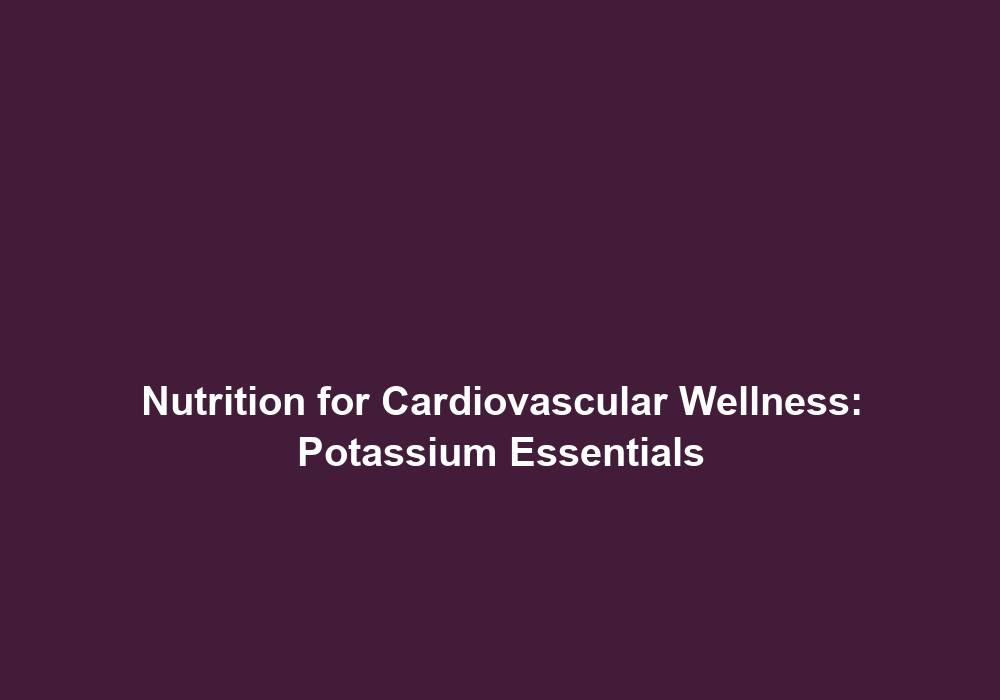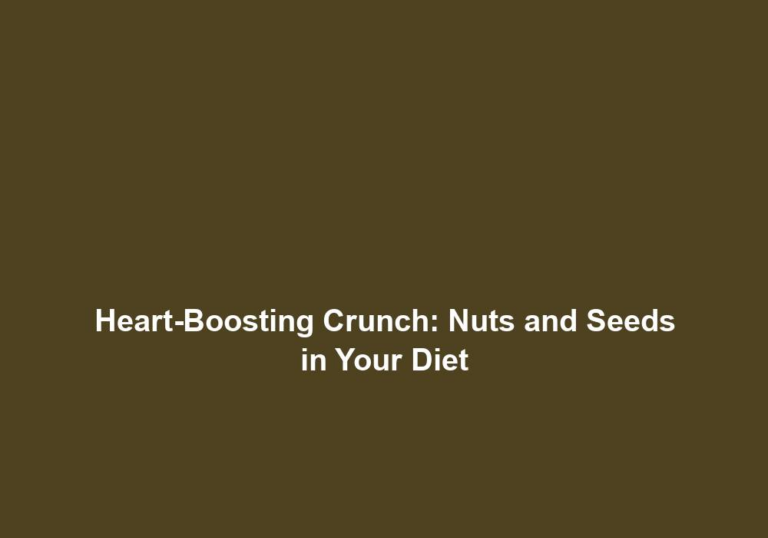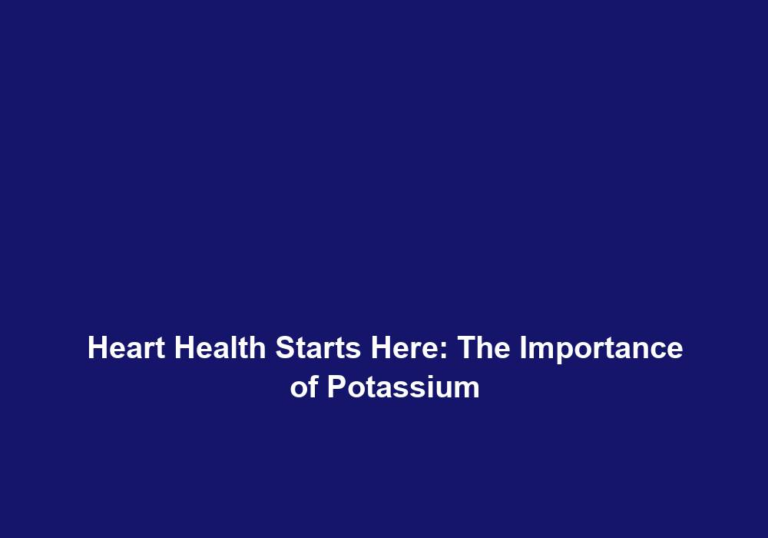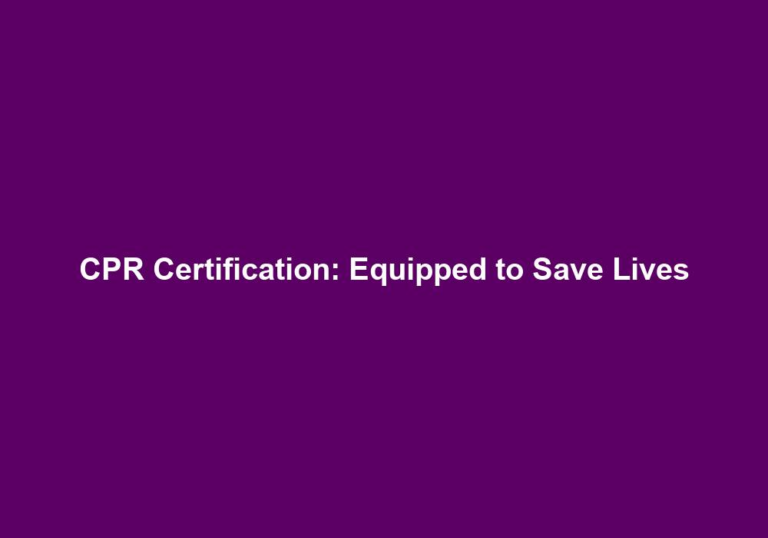Nutrition for Cardiovascular Wellness: Potassium Essentials
Potassium is an essential mineral that plays a crucial role in maintaining cardiovascular health. Adequate intake of potassium through a well-balanced diet is vital for ensuring optimal heart function and reducing the risk of cardiovascular diseases. In this article, we will explore the importance of potassium in cardiovascular wellness and discuss various sources of potassium-rich foods.
Understanding Potassium and its Role in Cardiovascular Health
Potassium is a mineral and an electrolyte that is essential for numerous bodily functions, including heart health. It plays a vital role in maintaining normal heart rhythm, regulating blood pressure, and supporting overall cardiovascular wellness. Potassium helps to counterbalance the effects of sodium, which is known to increase blood pressure.
Studies have shown that a high-potassium diet can help lower blood pressure levels, reducing the risk of hypertension and associated cardiovascular conditions such as heart attacks and strokes. Additionally, potassium promotes vasodilation, the widening of blood vessels, which further aids in maintaining healthy blood pressure levels.
Potassium is also involved in the transmission of nerve impulses and the contraction of muscles, including the heart muscle. Without sufficient potassium, the heart may experience irregular rhythms, leading to potentially serious health issues. Therefore, ensuring an adequate intake of potassium is essential for maintaining cardiovascular wellness.
The Recommended Daily Intake of Potassium
The recommended daily intake of potassium varies depending on age, gender, and overall health. Generally, adults should aim to consume around 2,500 to 3,400 milligrams of potassium per day. However, individuals with specific health conditions, such as kidney disease, may have different requirements and should consult with a healthcare professional for personalized recommendations.
It’s important to note that consuming too little or too much potassium can have adverse effects on health. Insufficient potassium intake may lead to muscle weakness, fatigue, and an increased risk of developing cardiovascular diseases. On the other hand, excessive potassium intake can be harmful, particularly for individuals with impaired kidney function. Therefore, it is crucial to strike a balance and meet the recommended daily intake of potassium through a well-rounded diet.
Potassium-Rich Foods for Cardiovascular Wellness
Including potassium-rich foods in your diet is crucial for maintaining optimal cardiovascular health. Here are some excellent sources of potassium:
1. Bananas
Bananas are a popular fruit known for their high potassium content. A medium-sized banana contains approximately 400-450 milligrams of potassium, making it a convenient and delicious way to boost your potassium intake. Bananas are also rich in fiber and antioxidants, which contribute to overall cardiovascular wellness.
2. Sweet Potatoes
Sweet potatoes are not only delicious but also packed with nutrients, including potassium. A medium-sized sweet potato provides around 450-500 milligrams of potassium. They are also rich in fiber and antioxidants, making them an excellent choice for promoting cardiovascular wellness. Incorporating sweet potatoes into your meals can provide a flavorful and nutritious addition to your diet.
3. Spinach
Dark leafy greens like spinach are not only low in calories but also high in potassium. A cup of cooked spinach contains approximately 840 milligrams of potassium. Incorporating spinach into your salads, smoothies, or cooked dishes is a great way to increase your potassium intake. Spinach is also a good source of other essential nutrients, such as vitamins A and C, iron, and magnesium, which are beneficial for cardiovascular health.
4. Avocado
Avocado is a unique fruit that is incredibly nutrient-dense, including being an excellent source of potassium. A medium-sized avocado offers around 975 milligrams of potassium. Avocado can be enjoyed on toast, added to salads, or used as a creamy and healthy alternative to butter or mayonnaise. Along with potassium, avocados provide heart-healthy monounsaturated fats, fiber, and various vitamins and minerals.
5. Oranges
Oranges are not only refreshing but also a good source of potassium. One medium-sized orange contains about 240 milligrams of potassium. They are also rich in vitamin C, fiber, and antioxidants, making them a great addition to a heart-healthy diet. Including oranges or freshly squeezed orange juice in your daily routine can contribute to your potassium intake while providing other essential nutrients.
6. Yogurt
Yogurt is not only a good source of calcium but can also contribute to your potassium intake. A cup of plain yogurt contains approximately 500-600 milligrams of potassium. Opt for plain yogurt without added sugar to reap its full benefits. Yogurt also contains probiotics, which promote a healthy gut and may have additional cardiovascular benefits.
7. White Beans
White beans, such as cannellini or navy beans, are packed with potassium. Just a half-cup of cooked white beans provides around 600 milligrams of potassium. Including beans in soups, salads, or stews can be an effective way to enhance your potassium intake. In addition to potassium, white beans are a good source of fiber, protein, and various minerals, contributing to overall cardiovascular wellness.
Tips for Incorporating Potassium into Your Diet
To ensure you are meeting your potassium needs and promoting cardiovascular wellness, consider the following tips:
- Consume a variety of fruits and vegetables daily, especially those high in potassium. In addition to the mentioned foods, other potassium-rich options include tomatoes, broccoli, Brussels sprouts, and melons.
- Experiment with different recipes that include potassium-rich ingredients. For example, you can make a smoothie using spinach, banana, and yogurt, or prepare a roasted sweet potato and white bean salad.
- Opt for fresh, whole foods rather than processed options, as they tend to be higher in potassium. Processed foods often contain high levels of sodium and may not provide the same nutritional benefits as fresh, whole foods.
- Be mindful of your overall sodium intake, as excessive sodium can decrease the effectiveness of potassium in maintaining healthy blood pressure levels. Choose low-sodium options and limit the use of added salt in your meals.
- Consider consulting with a registered dietitian or nutritionist to develop a personalized meal plan that meets your specific potassium requirements. They can provide guidance on portion sizes, meal timing, and other dietary considerations to optimize your cardiovascular well-being.
Conclusion
Potassium is an essential mineral that plays a vital role in maintaining cardiovascular wellness. By incorporating potassium-rich foods into your diet, such as bananas, sweet potatoes, spinach, and yogurt, you can support heart health, regulate blood pressure, and reduce the risk of cardiovascular diseases. Remember to aim for the recommended daily intake of potassium and make wholesome dietary choices to optimize your cardiovascular well-being.







